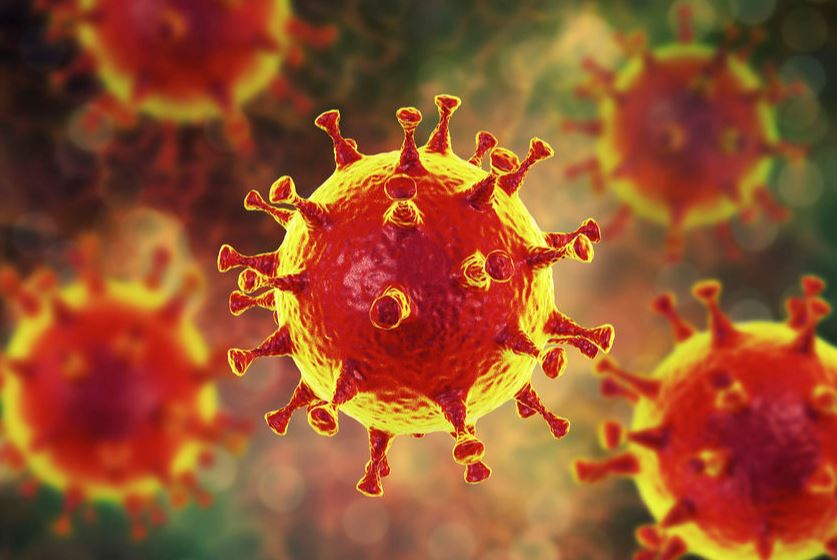Some of my thoughts about the coronavirus pandemic
Every patient who attended for an antenatal visit quizzed me about coronavirus. They were all anxious, especially being pregnant.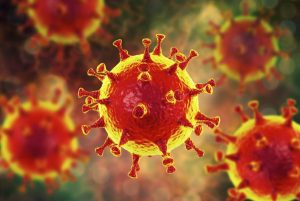
This was just a small sampling of the bigger Australian community. There is so much anxiety and fear in Australia about coronavirus. Even children are asking their parents if the get coronavirus will they die. There has been so much information and misinformation not only on social media but on mainstream media that has intensified peoples’ anxieties. People can’t filter the information they read and hear and so can’t work out what to believe and who to believe. There is panic shopping of basic items, in case people are advised they must say at home with the pandemic.
In the decades I have been a doctor I have lived through and practiced as a doctor through all sorts of public health infection crises. This crisis will end just as all the other crises have ended and life will go on. Don’t be unnecessarily alarmed.
It is disappointing that the media is not as focussed on highlighting as much that China is coming out the other end of the crisis as they are on highlighting repeatedly gloom and doom alarmist messages and giving information which is sometimes inaccurate.
In China it is reported there have been 80,844 cases of coronavirus. Of these 3,199 died (3.957%). With Australia having a much better health care system than China, with our Government being much more proactive from the beginning in addressing the infection and with most Australians I suspect being in better general health and having better nutrition our statistics should be a lot better than China’s.
The very good news is China is coming out the other end of the coronavirus crisis and their factories are starting to reopen. Apple announced it will reopen all its 42 branded stores in China. That means in a few months we in Australia should come out the other end of the coronavirus crisis and the world economies will start to get back to normal. While there are many variables, extrapolating from China’s timeline data in Australia we should be coming out the other end of the infection crisis after about 3 months. Refer to https://www.worldometers.info/coronavirus/country/china/.
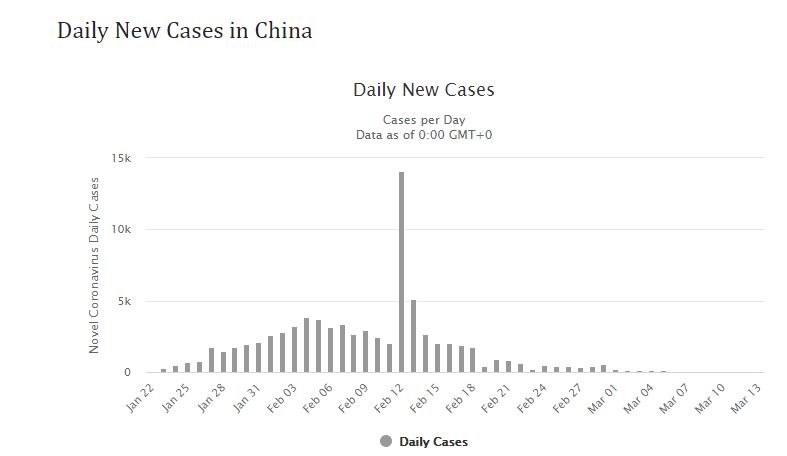
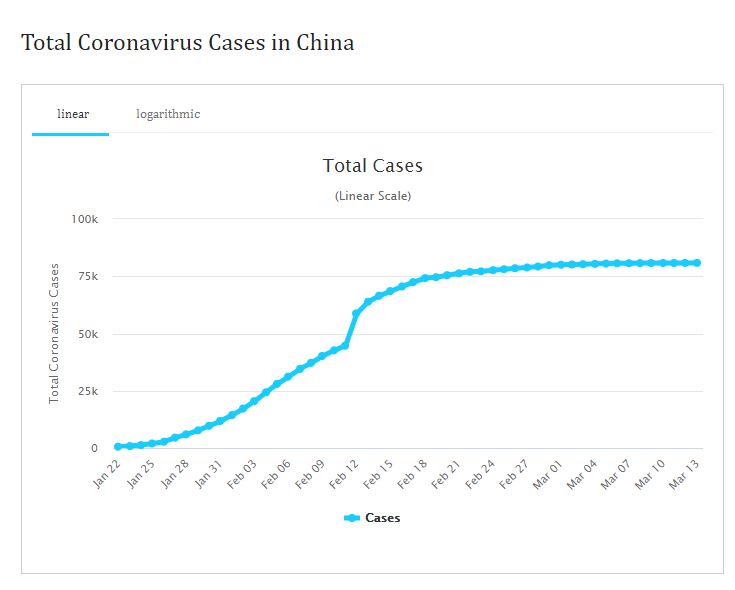

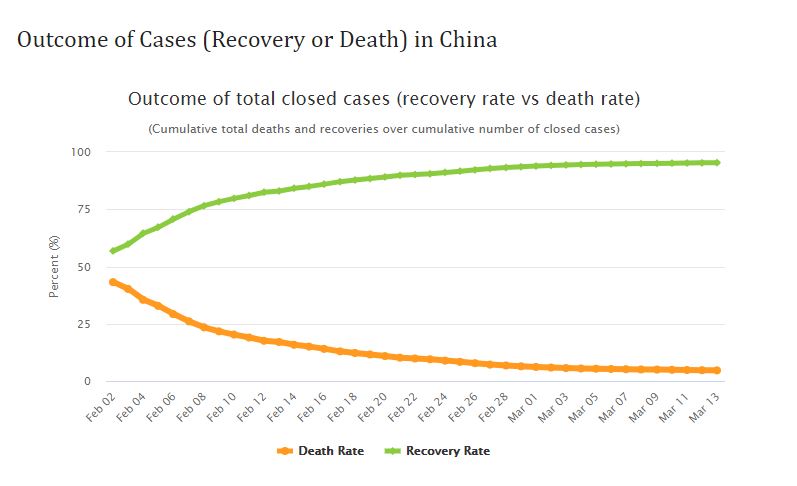
Those people who die are usually those who are elderly and / or those who have other significant health problems. This could be that they are on immunosuppressant drugs or cancer treatment.
Personally, I do not have a major concern if you did get infected. Pregnant women are less than 45 years old usually (viz young) and usually don’t have significant comorbidities. That implies for all of my patients if anyone gets infected, and even an infected pregnant woman gets pneumonia as a consequence (will only happen to a minority of those infected), she should do well and make a full recovery. It is very unlikely any of my patients will die because of coronavirus infection. If infected you may not have any symptoms, you may have a cold like illness you may have a flu like illness or you may even develop pneumonia. If infected it is important you don’t have a prolonged high fever, as a prolonged high fever is dangerous for your baby. There are reports of 4 newborn babies infected. All four lived and made full recoveries.
Also please reassure school aged children you may have that it is extremely unlikely they will die if they get infected.
There is reasonable chance that despite all personal health care measures and social distancing you will be infected, but if you are infected don’t be alarmed as you should make full recovery.
In recent weeks a few patients have attended for antenatal visits with URTI symptoms. While their GPs have advised them that they don’t have coronavirus, this is based on history and not on testing. That is because they did not qualify for testing according to Government protocol. That makes me concerned as I would have preferred them tested, as would be the case if they had another infection. The limitation is because of the system that has been set up for testing and the rush on being tested. There were challenges with testing availability with other infections in the past that were resolved with time. I am confident the situation will improve. There will be pop-up drive through specimen collection options, testing will be available through all pathology companies and the result being available sooner.
Because of the few patients have attended with URTI symptoms and because of the increasing prevalence of coronavirus in the next months I have introduced extra measures at the office to minimise the chance of me or my staff getting infected. See ‘Office coronavirus precautions’. I am not worried I will die if infected, but I would not want to expose patients to coronavirus through me being infected. As well, I dread the thought of having to self-quarantine and not being available for my patients for 2 weeks.
The hospitals have also introduced extra measures to minimise the risk of coronavirus in the hospitals. The College (RANZCOG) has also introduced recommendations. But most importantly is to abide by the Federal Government recommendations. Hospital and College recommendations are in accord with these.
The Government now has limtied the number of people who can gather. The number varies depending on the reason for the gathering. See Coronavirus (COVID-19) health alert for more details. The logic behind this is the more people you gather with the greater the risk of being exposed to someone who is infected and so becoming infected yourself and the longer it wil take for Australia to come out the other end of this pandemic.. The College and hospitals have cancelled all department meeting because of the risk of gatherings, and these meeting would have usually 30 or so people attending. So, I suggest you avoid interacting with any more people than is absolutely necessary and observe the social distancing advice.
If possible, work from home. That is a safer option. If you need to go to work using public transport try to avoid public transport at times when the trains and buses are more crowded. I had a patient who wanted to stop working because she was worried about the risk of travel. The pandemic will be here for a number of months and it is unreasonable to expect an employer to give you paid months off work because you are well but anxious.
There is no good medical evidence that you need to wear a face mask if you are well. There is the suggestion a mask may increase risk of getting infected. If you have the mask constantly on while out it becomes moist with your breathing. That moisture will concentrate coronavirus if you are exposed to it and so increases the risk of you being infected. In operations the thinner surgical masks are worn to keep pathogens from the doctor’s and staff’s noses and mouths from entering the surgical field not to protect the surgeon from the patient’s pathogens. If you insist on wearing a mask the more expensive P2/N95 rated face mask is better than the popular surgical style face mask are they block fine particles. But to be effective, they must be fitted according to the manufacturer’s instructions and form a tight seal around the face.
Soap and water are better than hand sanitisers when cleaning your hands. If you use a hand sanitiser it is considered not to be effective if it has less than 70% alcohol. The more alcohol the better.
A study published in the New England Journal of Medicine (Aerosol and Surface Stability of SARS-CoV-2 as Compared with SARS-CoV-1 reported the COVID-19 virus is detectable for up to three hours in aerosols, up to four hours on copper, up to 24 hours on cardboard and up to two to three days on plastic and stainless steel. We are always touching surfaces and it is not always possible to wash our hands immediately after touching a surface and so these finding can be scary. Don’t worry. Remember the virus enters the body through airways not through skin and rarely through eyes. The key to remaining healthy and not being infected from surfaces is NOT to touch your face or eat or drink anything until you have adequately washed your hands with soap and water. How long it is, in time, between touching a surface and washing your hands IS IRRELEVANT as long as you don’t touch your face or eat or drink anything before washing your hands.
You don’t need to stockpile basic items such as toilet paper, hand towels, cleaners, pasta, etc. I compare this stockpiling to someone saying the bank is going to run out of money and so there is a run on the bank with everyone wanting to withdraw. I suspect the run on toilet paper started with people who have come to Australia from other countries where they don’t have good supply chains and where these items can run out in a pandemic. They have failed to understand Australia has good supply chains, these items are locally made, and they won’t run out. I suggest you try shopping at the least popular times of the day and when there is likely to have been a recent delivery, if you are low on supplies.
Ordering food in is safer than dining out. Home delivery means you are dining at home and so avoid exposure to restaurant staff and other patrons of the restaurant, which is big plus. But as someone else is preparing the food and you have no idea about their food hygiene there is still more risk than if you do your own cooking. The safest option is to cook your own meals at home.
Patients tell me they are just as worried about passing on coronavirus as they are of becoming infected themselves. All I can suggest is you are diligent with observing measures to minimise the likelihood of becoming infected and encourage members of your family and those who you interact with to do the same. I suggest you minimise your visits to and interactions with elderly people and those with concerning health problems (e.g. on immunosuppressants or cancer treatment) as they are the ones most likely to die if infected.
Also see:

